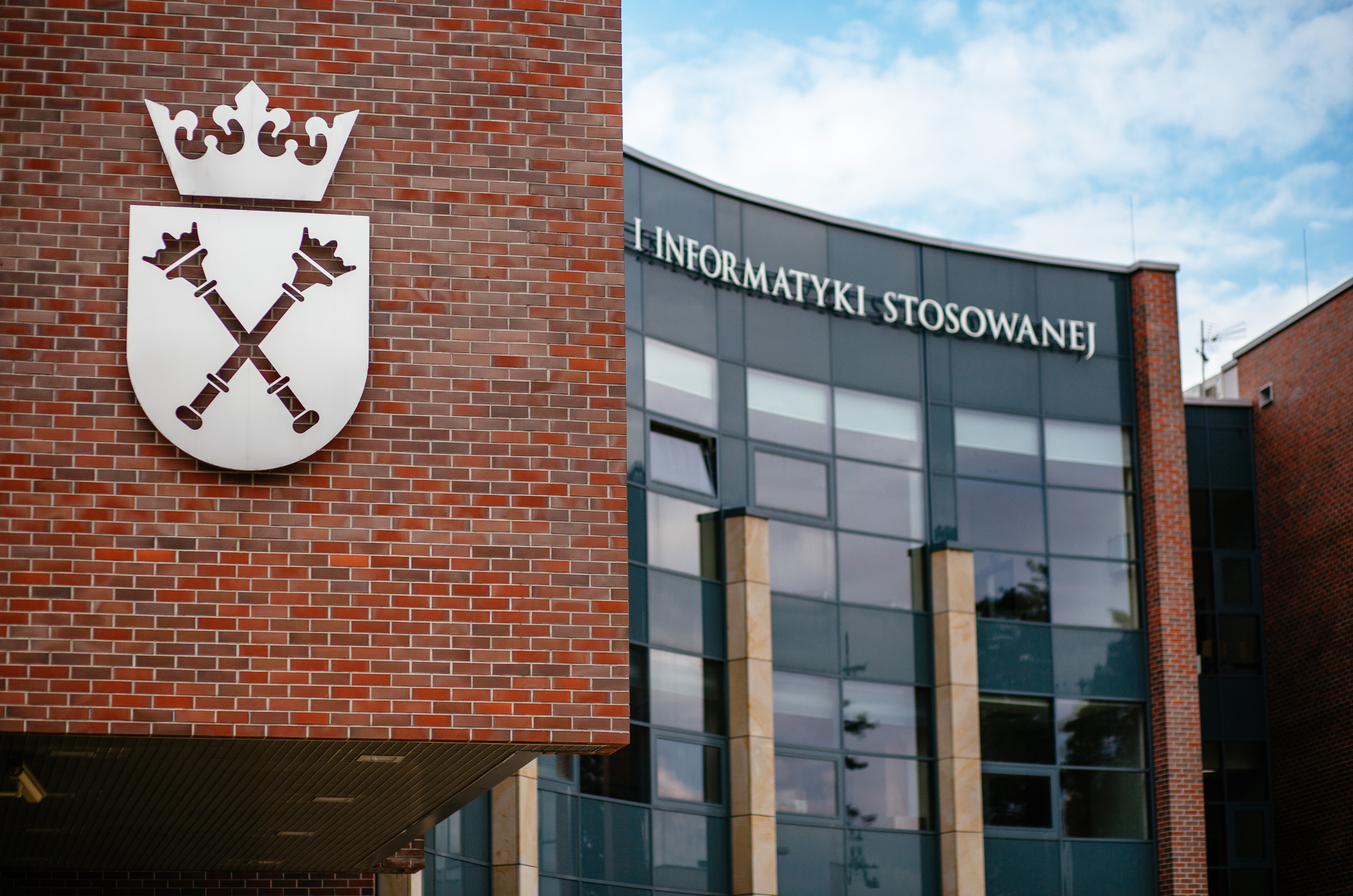
PhD study in Astronomy covers a broad range of theoretical and observational research subjects, from the analysis of optically variable objects like accreting binary stars, extreme horizontal branch star and active galactic nuclei, to high energy astrophysics, multiwavelength astronomy, radio astronomy, relativistic astrophysics and cosmology.
Astronomical Observatory of the Jagiellonian University participates in ESO, has access to the SALT optical telescope, collaborates in HESS and CTA projects (gamma-ray astrophysics) as well as in the network of LOFAR radio telescopes array, also participate in the VIRGO gravitational waves detector. Our researches use also several world class Earth bound radio (VLA, 100m Effelsberg) and space (Chandra, XMM, Fermi) observatories.
An example set of projects covering some fields you may want to study at our Observatory:
- Studying inner-regions of active galaxies using gravitational lensing
- Dynamical evolution of radio galaxies
- Launching of relativistic jets in active galactic nuclei by supermassive black holes
- Internal structure of relativistic astrophysical jets and their interactions with the interstellar and intergalactic environment
- statistical studies of galaxies based on new survey LoTSS of LOFAR
- Non-thermal processes in the intracluster medium
- Solar activity and space weather
- interplay between the evolution of the large scale structure of the Universe and the evolution of galaxies
- variable stars - binaries and pulsating stars after RG phase and exoplanets
- numerical simulations of the magnetized interstellar medium;
- radio observations of nearby galaxies
- Research on classification and studies of physical properties of objects in present and forthcoming large deep sky surveys through a variety of machine learning based methods
- Nonlinear interactions of gravitational and electromagnetic waves
Studying and working with our scientists guarantees a high rate (2/3 as of the end of 2021) of PhD graduates who successfully find postdoc positions at leading institutions all around the world.
Education programmes:


